Hōjō-Komachi Archaeological Remains
The preserved ruins of the Hōjō clan’s palatial estate, hidden in the basement of a tourist information center.
Along with the Great Buddha of Kōtoku-in, the Tsurugaoka Hachimangū shrine complex is a top tourist spot in the city of Kamakura, which can be approached from Wakamiya-ōji and Komachi-dōri, a pair of major shopping streets lined with countless shops and restaurants and always bustling with tourists.
Standing on the side of Wakamiya Avenue is an unassuming tourist information center dubbed “M’s Ark,” established in 2017. Its main attractions are a pay restroom and a souvenir shop, nothing fancy, but it also happens to be home to the remains of a medieval palace, preserved in its basement.
Officially known as the Hōjō-Komachi Archaeological Remains, the site contains the ruins of a manor once belonging to the Hōjō, a powerful samurai clan that took control of the Kamakura government as regents from 1203 to 1333.
Dating back to the late 12th century to the early 13th century, the archaeological remains mainly consist of building foundations, pits for pillars as well as for the disposal of waste (such as pottery shards and bones), and fragments of the original Wakamiya Avenue. Preserved in situ, the remains can be viewed for free through the glass panel on the floor in the building’s lobby.
Know Before You Go
The M’s Ark Kamakura building is open every day from 10 AM to 8 PM; it’s free to enter and wheelchair-accessible.
Plan Your Trip
The Atlas Obscura Podcast is Back!



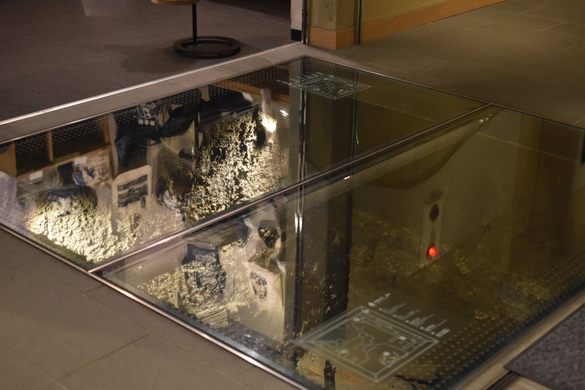
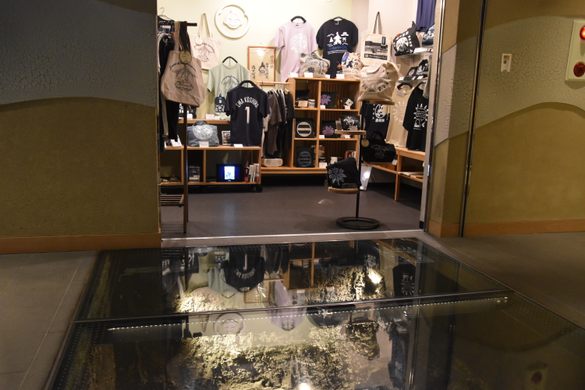
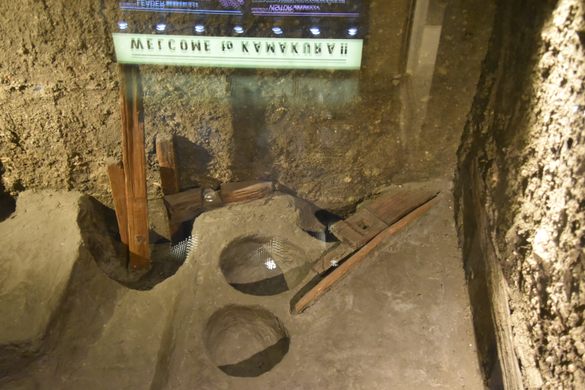
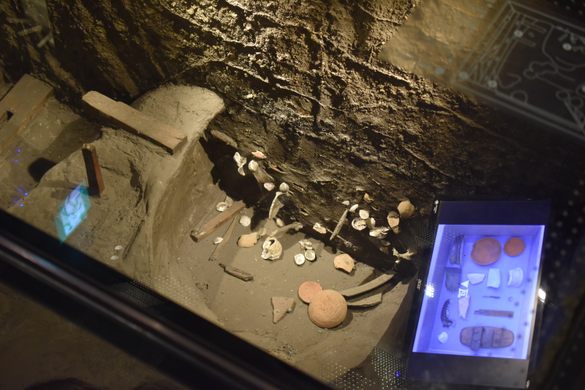
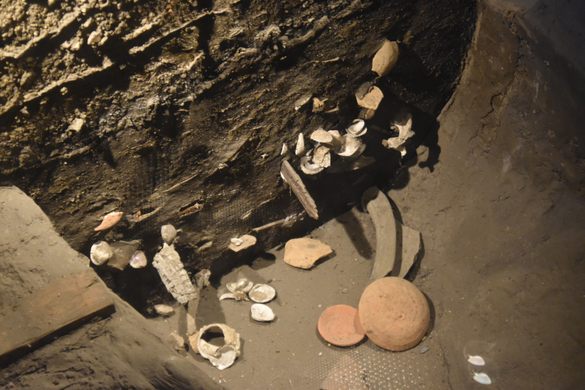
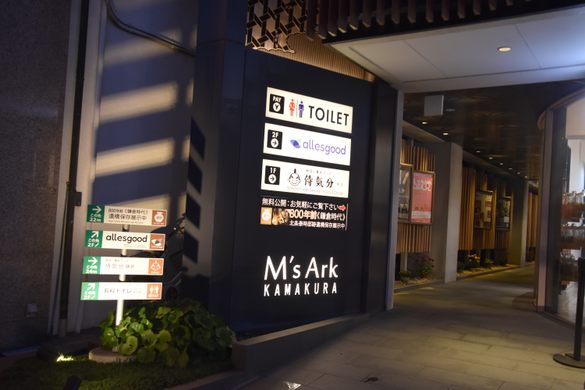

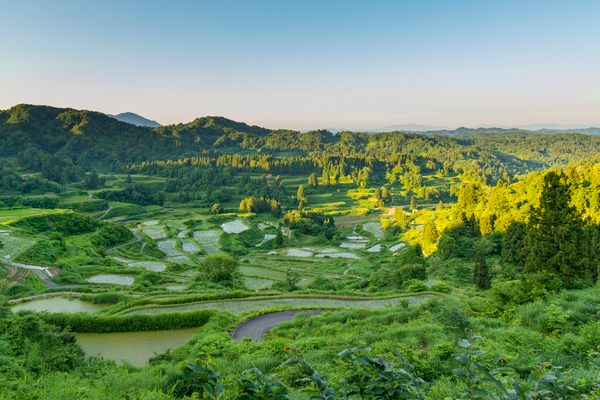


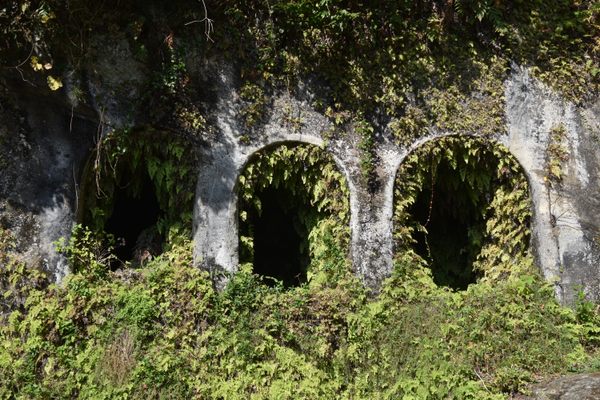

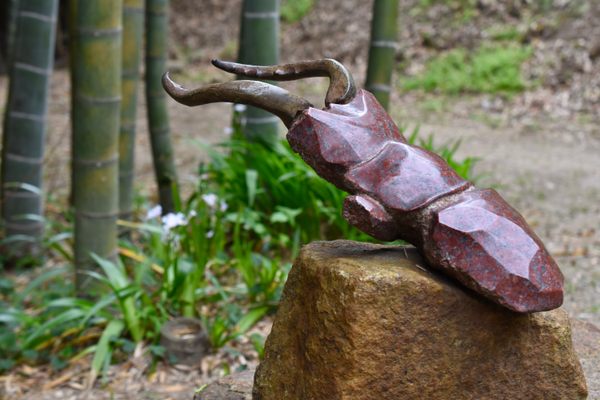
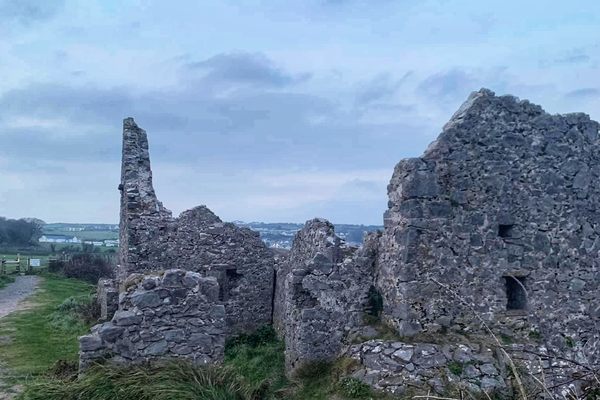




Follow us on Twitter to get the latest on the world's hidden wonders.
Like us on Facebook to get the latest on the world's hidden wonders.
Follow us on Twitter Like us on Facebook